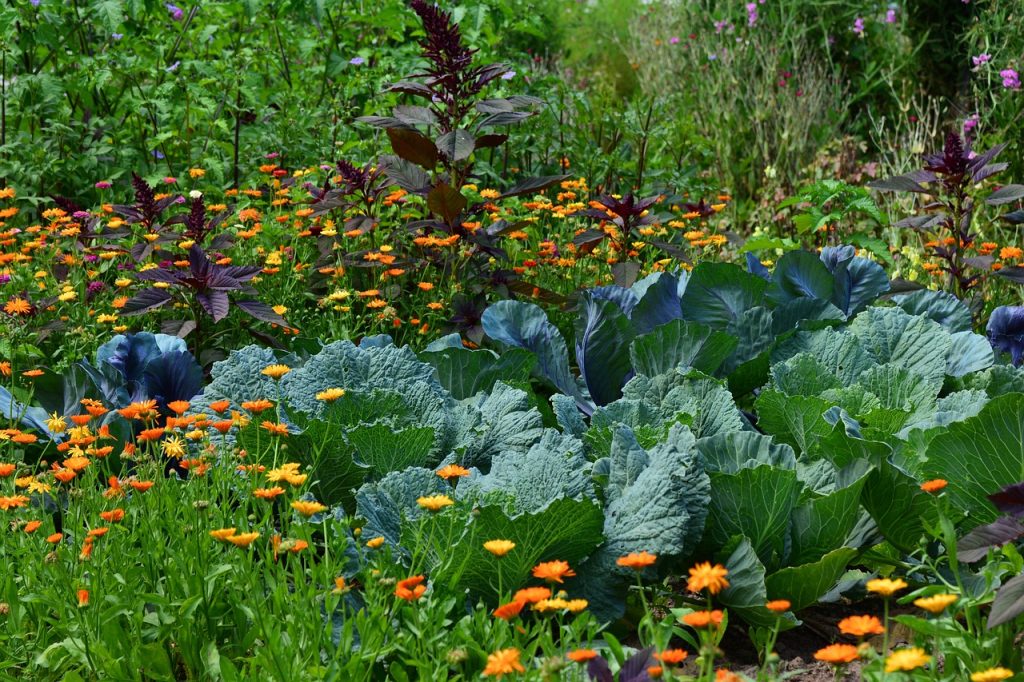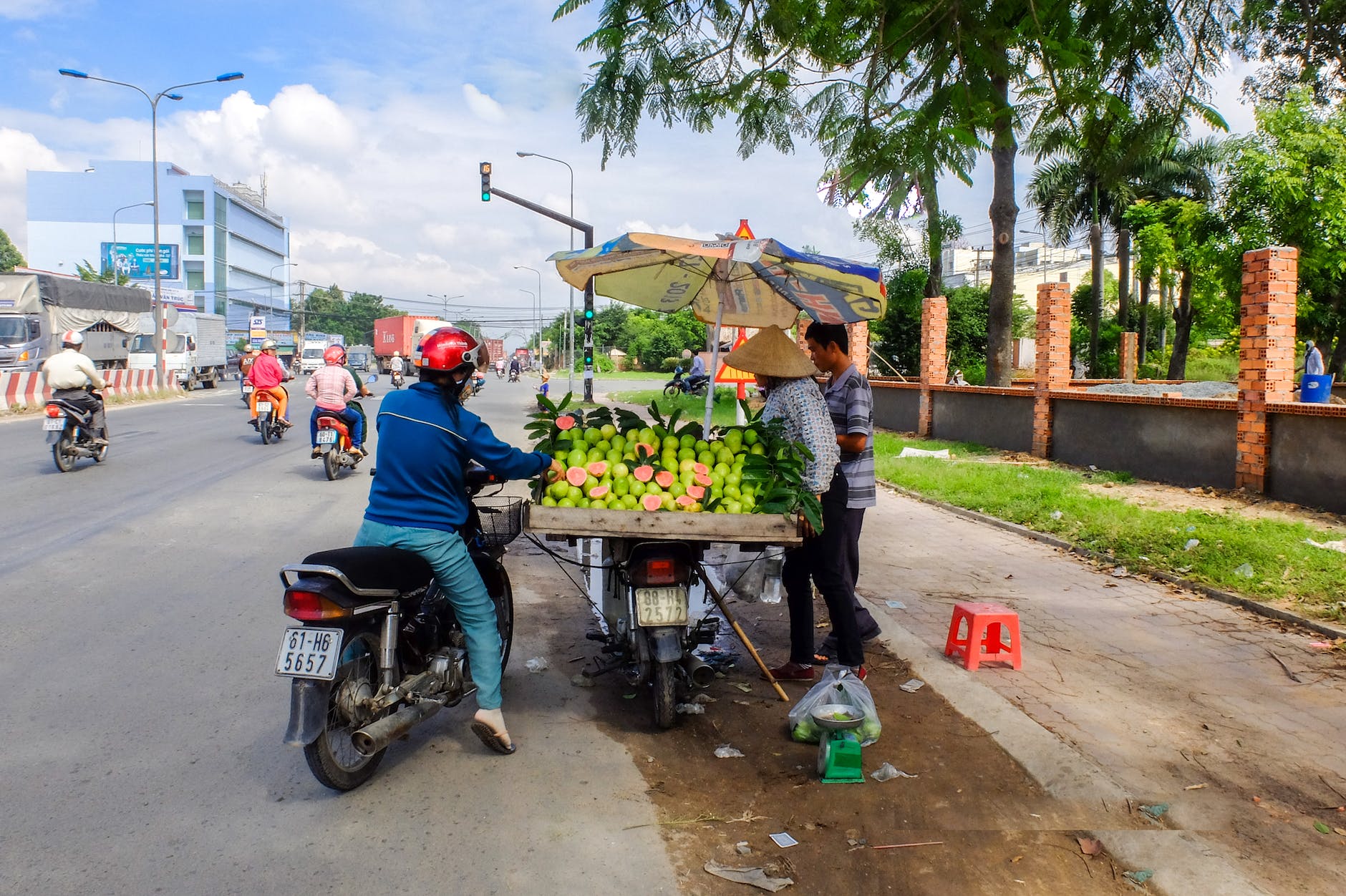Sustainable food systems refer to the methods and processes involved in producing, processing, packaging, and distributing food in a manner that is environmentally friendly, economically viable, and socially responsible. The goal is to create a food system that can provide for the needs of current and future generations without compromising the planet’s resources.

Table of Contents
ToggleImportance of Sustainable Food Systems
A sustainable food system is essential for addressing global issues such as climate change, food security, and poverty. Climate change has a significant impact on food production and food security, with increasing temperatures and changing weather patterns causing crop failures and reducing the yield of important food crops. At the same time, poverty and hunger continue to be major problems, with millions of people lacking access to sufficient food.
To tackle these issues, it is necessary to shift towards sustainable food systems that prioritize environmental protection and food security. This requires a multi-faceted approach that involves collaboration between farmers, processors, distributors, consumers, and governments.
Key Components of Sustainable Food Systems
There are several key components of sustainable food systems, including:
- Agricultural production: Sustainable food systems rely on agricultural practices that are environmentally responsible and promote biodiversity. This includes using techniques such as crop rotation, cover cropping, and reduced tillage to improve soil health and reduce erosion.
- Processing and packaging: Food processing and packaging should be done in an environmentally friendly manner, using methods that reduce waste and emissions. This includes reducing packaging waste by using recyclable materials, and using energy-efficient processes in food production.
- Distribution: A sustainable food system should prioritize the use of local and regional food distribution networks to reduce the carbon footprint of food transportation. This can be achieved through the promotion of local and regional food systems and the development of alternative food distribution networks.
- Consumption: Consumers play a crucial role in creating a sustainable food system by choosing to purchase food products that are produced using environmentally responsible methods. This includes purchasing locally-sourced and organic products, and reducing food waste through responsible consumption practices.
Benefits of Sustainable Food Systems
Sustainable food systems offer several benefits, including:
- Environmental protection: By promoting environmentally responsible agricultural practices, sustainable food systems help to reduce the negative impacts of agriculture on the environment, such as soil erosion, water pollution, and deforestation.
- Food security: Sustainable food systems can help to improve food security by promoting local and regional food systems and reducing dependence on imported food.
- Economic viability: Sustainable food systems can help to create jobs and stimulate economic growth by supporting local and regional food systems.
- Social responsibility: Sustainable food systems promote social responsibility by supporting fair labor practices and protecting the rights of workers in the food industry.
Conclusion
Sustainable food systems are essential for addressing global issues such as climate change, food security, and poverty. By promoting environmentally responsible agricultural practices, reducing waste in food processing and packaging, and supporting local and regional food systems, we can create a food system that can provide for the needs of current and future generations without compromising the planet’s resources. To achieve this, it is necessary to work together to promote sustainable food systems and to encourage consumers to make responsible choices when it comes to their food.








4 thoughts on “Sustainable Food Systems: Future of Food”
Pingback: Avocado vs Olive Oil: Which is Better for Health and the Environment?
Pingback: The Environmental Impact of Frozen Ready Meals
Pingback: Xylitol: A Sweet and Sustainable Alternative to Sugar
Pingback: Sustainable Food Systems: Food Meets Responsibility